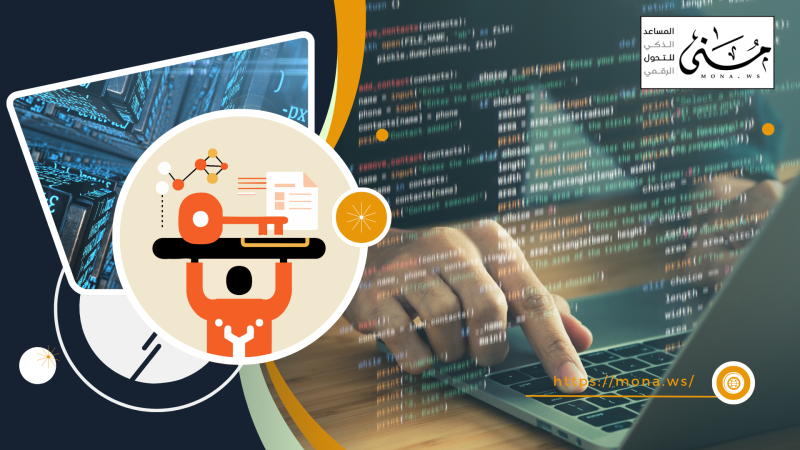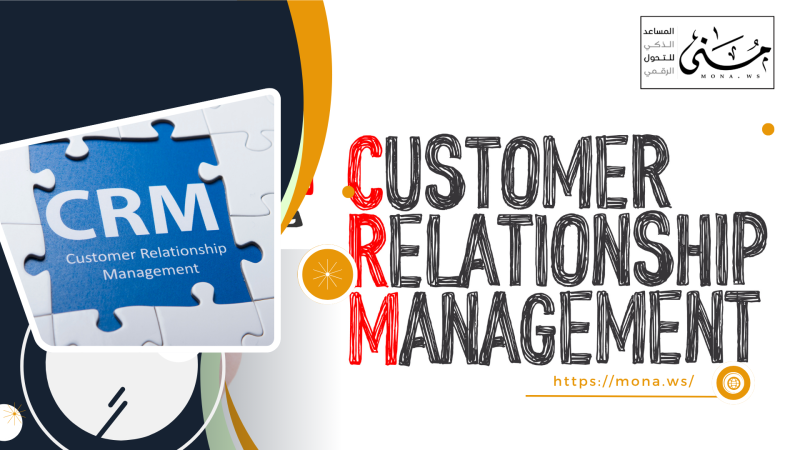Artificial intelligence has become one of the main drivers of economic and commercial transformations in the modern era, as companies and institutions compete to adopt this technology to enhance operational efficiency, improve performance, and make more accurate strategic decisions.
According to experts, artificial intelligence is characterized by its superior ability to analyze huge amounts of data, recognize patterns, and perform tasks with an efficiency that exceeds human capabilities in some fields, making it an essential tool for driving innovation and development. Its advanced applications, such as automation, machine learning, and predictive analysis, contribute to improving operational processes and reducing costs, while enhancing customer experience and raising their level of satisfaction.
In light of the increasing competition in global markets, investing in artificial intelligence technologies has become an imperative for companies seeking to maintain their position and enhance their competitiveness. This technology is expected to continue to bring about radical transformations in various sectors, making it one of the most prominent factors influencing the future of business.
Improving operational efficiency using artificial intelligence
Artificial intelligence is one of the most important tools that help companies improve operational efficiency by automating tasks, analyzing data, and intelligently managing resources. Through its advanced applications, companies can achieve more efficient performance, reduce operating costs, and increase productivity.
Automation: Increase efficiency and reduce repetitive tasks
AI helps automate routine and tedious tasks, such as data entry, order processing, and customer service, through intelligent chatbots. This allows employees to focus on more creative and strategic tasks, such as product development, market analysis, and managerial decision-making. For example, AI systems in HR departments can automatically sort resumes, saving significant time and ensuring that the most suitable candidates are selected more efficiently.
Improve productivity through data analysis
AI relies on big data analysis to discover patterns and improve production processes. Through machine learning, intelligent systems can predict demand, reduce breakdowns in production lines, and determine the most efficient ways to manage resources. For example, manufacturers use AI systems to monitor equipment performance and detect potential breakdowns before they occur, reducing unplanned downtime and significantly improving productivity.
Manage inventory intelligently and avoid waste
AI technologies help predict demand for products based on past sales data and market trends, allowing companies to manage inventory efficiently. With these accurate forecasts, the risk of stockouts or excess inventory can be reduced, leading to lower operating costs and improved company responsiveness to customer needs. AI can also optimize supply chains by suggesting the best restocking times and identifying the most efficient suppliers.
AI is revolutionizing operational efficiency, automating processes, increasing productivity, and managing resources more intelligently. As this technology continues to evolve, companies that rely on it will be able to achieve sustainable growth and enhance their competitiveness in the market.
Improving Customer Experience with AI
AI plays a vital role in improving customer experience by providing more efficient and personalized services, which enhances customer satisfaction and loyalty. With its ability to analyze data, interact intelligently, and anticipate customer needs, AI can transform the customer experience to a smoother and more effective level.
Smart Customer Service: Faster and More Efficient Response
Chatbots and virtual assistants have become essential tools that companies rely on to provide fast and efficient customer service. Powered by Natural Language Processing (NLP) technologies, these systems can understand and respond to customer inquiries around the clock without the need for human intervention. It can also solve common problems, such as tracking orders, providing product information, and guiding customers through purchases, reducing waiting times and improving user experience.
Customer Experience Personalization: Providing personalized offers and services
By analyzing customer data and behaviors, AI can deliver personalized experiences that reflect each customer’s needs and preferences. For example, smart recommendation systems can suggest products and services based on purchase history and previous interactions, increasing purchase opportunities and customer satisfaction. Businesses can also use AI to target the right promotions for each customer at the right time, increasing their chances of success.
Improving Marketing Campaigns: More Accurate and Effective Targeting
AI helps improve marketing strategies by analyzing customer behavior and accurately identifying target groups. AI systems can optimize digital advertising by targeting users with the most relevant ads based on their interests and browsing history. It can also analyze the effectiveness of marketing campaigns and adjust them in real time to ensure maximum return on investment (ROI).
With AI, businesses can improve customer experience like never before, whether by providing faster and smarter service, personalizing products and services to each customer’s needs, or implementing more accurate and effective marketing campaigns. By adopting these technologies, businesses can enhance their relationship with customers and gain a strong competitive advantage in the market.
Making Better Decisions with AI
Making effective decisions is a critical factor in the success of businesses, and as the volume and complexity of data increases, AI has become
 اكتشف كيف يمكن للذكاء الاصطناعي إعادة تشكيل قطاعات الأعمال.
اكتشف كيف يمكن للذكاء الاصطناعي إعادة تشكيل قطاعات الأعمال.










Comments
Add New Comment